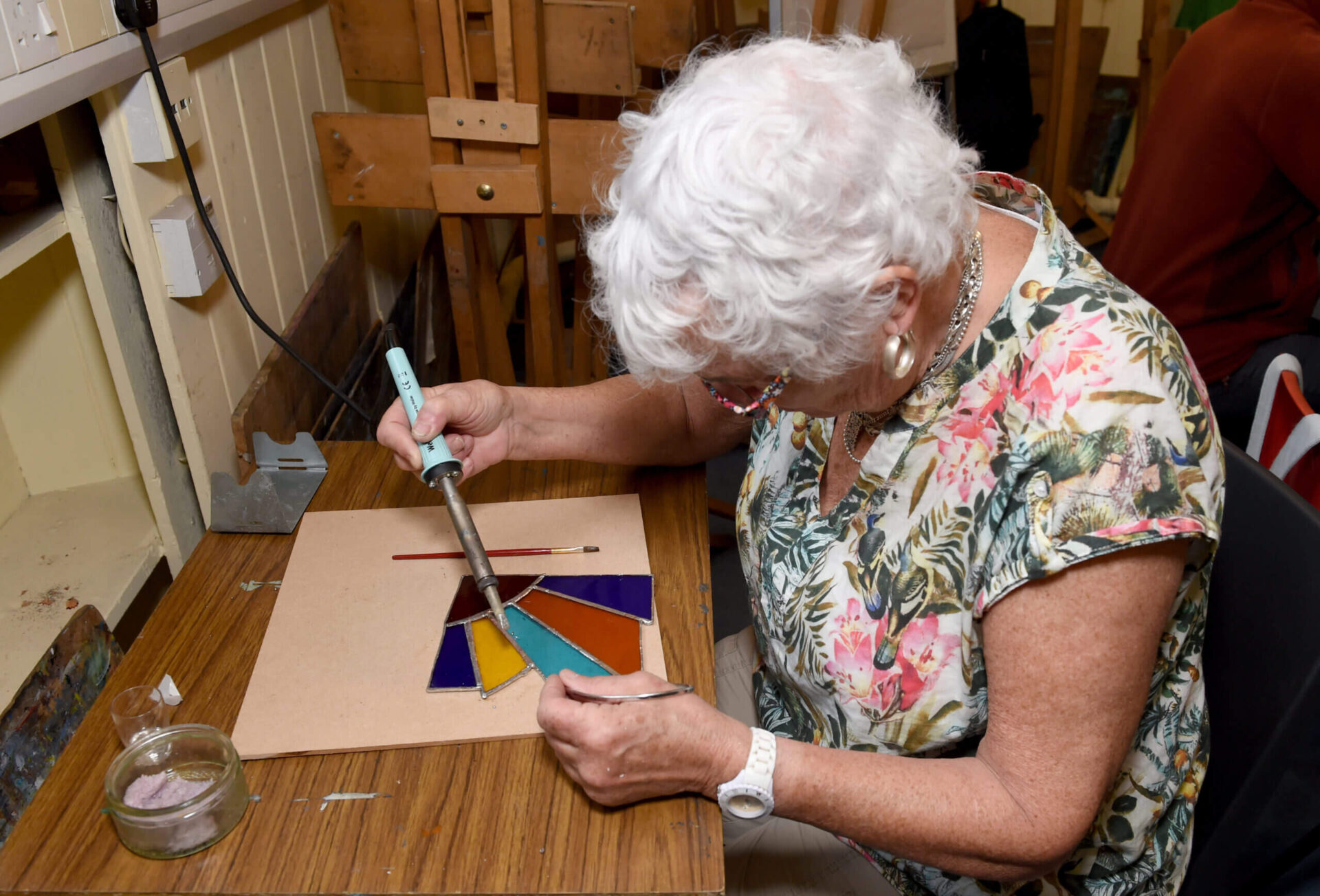Retirement marks a significant transition in life, often leading to changes in routine, social interactions, and individual lifestyles. For those aged 64 and over, this shift can impact communication skills, cognitive function, and wellbeing. Understanding how second language learning affects cognitive and socio-emotional health both before and after retirement can underscore the value of lifelong learning as a strategy for healthy ageing.
Retirement transition as a window of opportunity
For many people, retirement changes their everyday life and the variety of social situations they encounter. Such changes may affect wellbeing, communicative and cognitive abilities. Lifelong learning, and specifically language learning, is proposed to be a promising option to help maintain cognitive function and wellbeing. Thus, language development and use in the transition from work life to retirement is a topic of high importance for healthy ageing. Given the demographic shift towards older age and potentially a higher statutory retirement age in the future, exploring how language learning in this new phase of life can contribute to healthy ageing is highly relevant.
Increasing the benefits by accounting for heterogeneity
The project is the first step towards providing evidence to tailor language learning interventions, taking into account the diverse needs of individuals pre- and post-retirement. It is the first longitudinal study to answer the questions of how retiring from work affects communication skills and language development, whether multilingualism mediates the effect of retirement on cognitive functioning, and what contextual factors determine who gains from learning a second language and when. The project’s approach focuses on individual journeys rather than on averaged developments. The study uses an interdisciplinary approach and combines various perspectives from language acquisition, psycho-, and sociolinguistics as well as from cognitive neuroscience.
Actionable knowledge through individual language interventions
The findings aim to improve our understanding of how language learning and other activities before and after retirement influence socio-emotional health, thereby enriching psycholinguistic and language acquisition theories to better encompass older adults. The project will also offer practical insights to guide the future development of tools and interventions tailored to meet individual language needs. In doing so, it will set the stage for future large-scale studies that will validate the preliminary findings of this research.
Owing to various dissemination efforts, the potential for transfer is excellent: An online repository will be created to provide teaching and testing resources for educators and senior institutions, as well as for researchers and practitioners. The results will directly benefit German-speaking retirees and will also be relevant for other countries that prioritize education for older adults. The project’s website will feature empirical results, media coverage, and project materials. Additionally, the project promotes the culture of Citizen Science by encouraging older community members to engage in data collection. Building on this study, a user-friendly screening tool is planned to help individuals in choosing their pre-retirement activities.
** The image was acquired by the principal investigator and is used here with their permission.
 Share
Share



